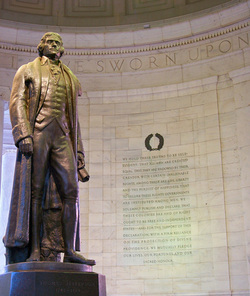Language is instinctual. Because we interact and we are social beings, we make sounds with our bodies and we give to this sounds a meaning. We try to get the ball to the other side of the field and my receptor to actually get it.
We don't think in terms of language, we think with meanings. We have scenarios and images. Language just reminds us those images and meanings.
Language is composed by three things:
I wonder what does Pinker mean by Universal Grammar?
We all have verbs, nouns and connectors in order to express a sentence. How do we acquire this tacit learnt rules?
Our mind is amazing. And Language is one of the most complex things that humanity has ever achieved (society and the market may be others). Localized in the neocortex (the part that has evolved in our cranium lately), our language capacity is something we take for granted, but it is the result of millions of years of evolution.
We don't think in terms of language, we think with meanings. We have scenarios and images. Language just reminds us those images and meanings.
Language is composed by three things:
- Words
- Rules: Syntax, Morphology, Phonology and Pragmatics
- Interfaces
I wonder what does Pinker mean by Universal Grammar?
We all have verbs, nouns and connectors in order to express a sentence. How do we acquire this tacit learnt rules?
Our mind is amazing. And Language is one of the most complex things that humanity has ever achieved (society and the market may be others). Localized in the neocortex (the part that has evolved in our cranium lately), our language capacity is something we take for granted, but it is the result of millions of years of evolution.

 RSS Feed
RSS Feed